
Media interview quick-start guide
Media interview quick-start guide. The clock is ticking and there’s no time for in-depth preparation. Don’t panic. Here’s a quick-start guide to get you through it successfully.
Here are five immediate steps to prepare for an interview.
1. When a journalist calls, clarify the basics
When a journalist calls, use it as an opportunity to prepare.
Ask who is interviewing you. Ask for the journalist’s name and the media outlet or show they represent. If you haven’t heard of them, take a moment to search online—read some of their articles or watch a clip of their show on YouTube. This will give you a sense of their style and the types of questions they ask.
What is the topic? Get a clear idea of the subject matter they want to discuss. You need to know the angle they’re pursuing. They won’t give you questions in advance, but now is the time to drill them about the specific angle they are after.
When is the interview? Confirm the time and whether it’s live or pre-recorded. For live interviews, you’ll need to be concise and on-point—there’s no room for edits. Pre-recorded interviews may allow some flexibility, but remember that only select clips will be used. Understanding the format helps you tailor your approach and manage your preparation time effectively.
And here’s something to ask the journalist that’s really useful:
“What’s the news angle today?”
That helps you understand what they’re going to focus on and where their line of questioning will likely go. It also gives you a moment to pause and get your head together before answering.
2. Get your key messages straight
These should be the most important takeaways for your audience—what you want them to remember after the interview is over.
Identify one or two key points. Your message should be simple and have impact. Don’t try to re-invent the wheel here. Everyone has knowledge, personal experience and expertise. Make these the starting points for your key messages.
Frame your message for the audience. Consider their needs and interests so your message will resonate with them. Keep it concise and avoid cluttering your words with unnecessary details or jargon.
Ask yourself:
“What do I want the audience to do and think afterwards?”
This is especially important if you’re going on air as a spokesperson, a specialist or an expert in your field.
More media training guides and podcasts

Media interview quick-start guide
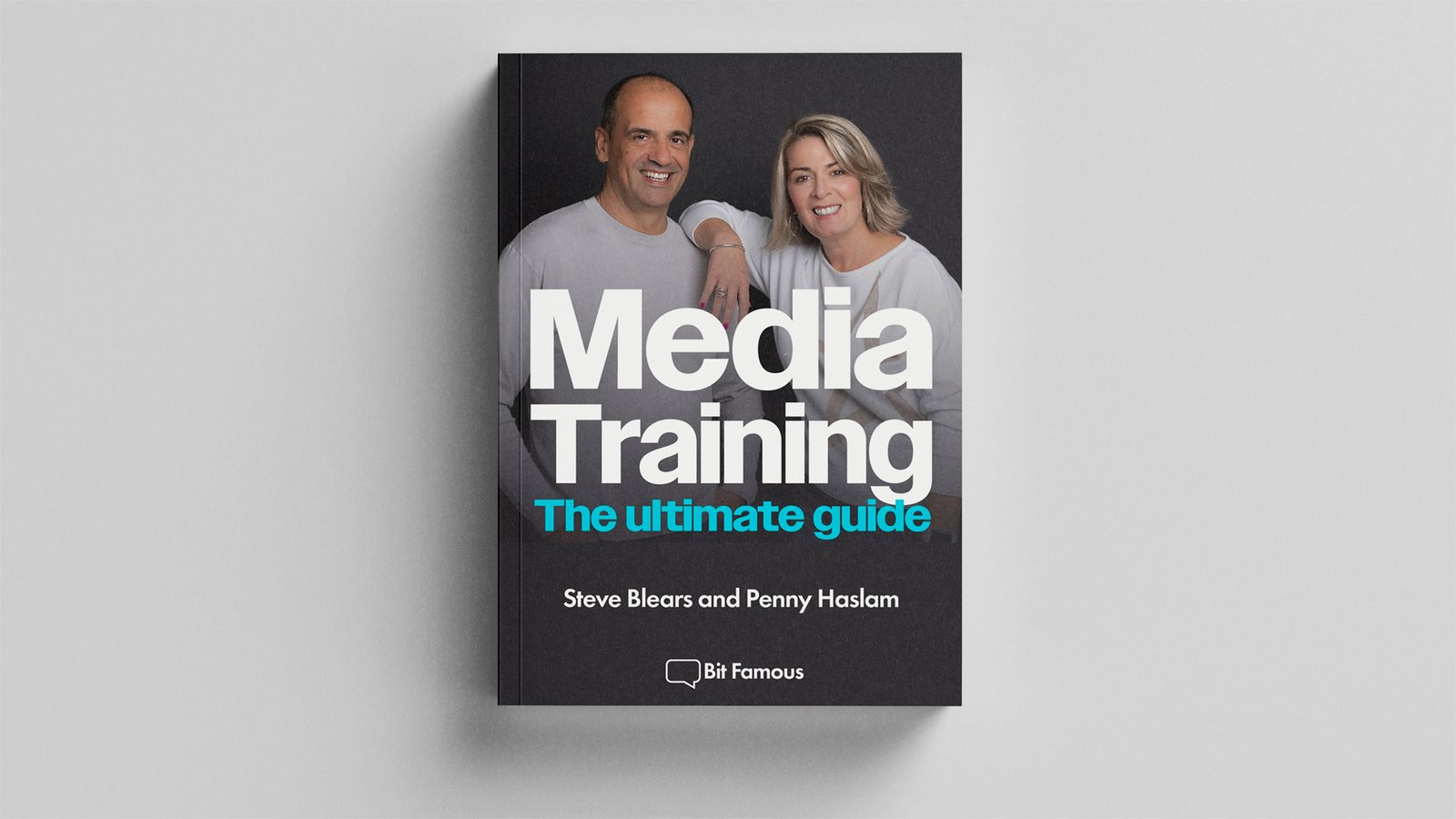
Media training book
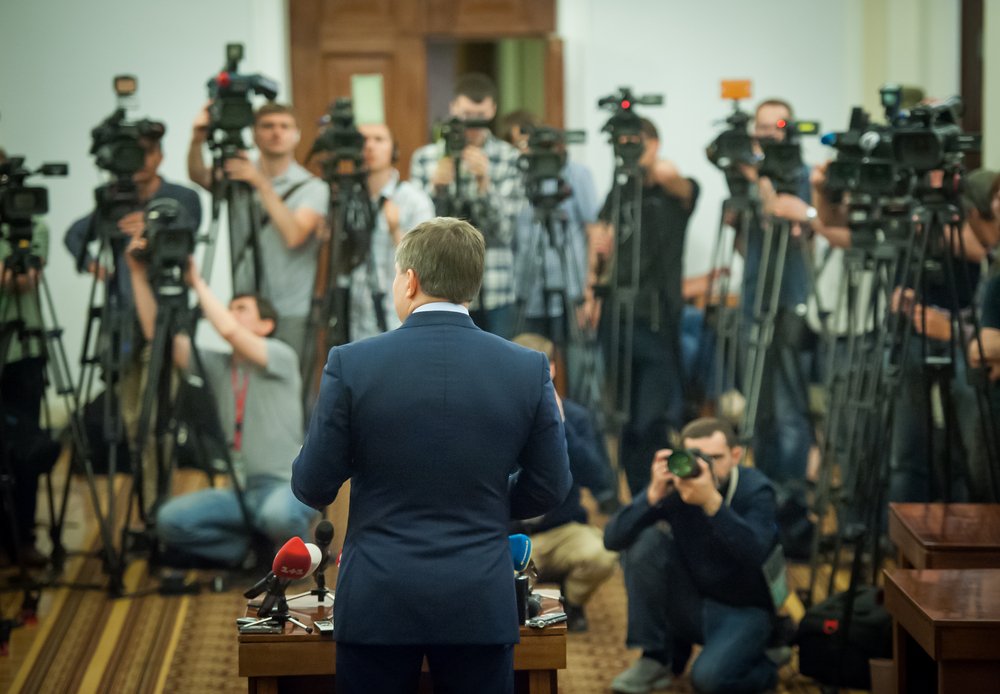
How to hold a press conference
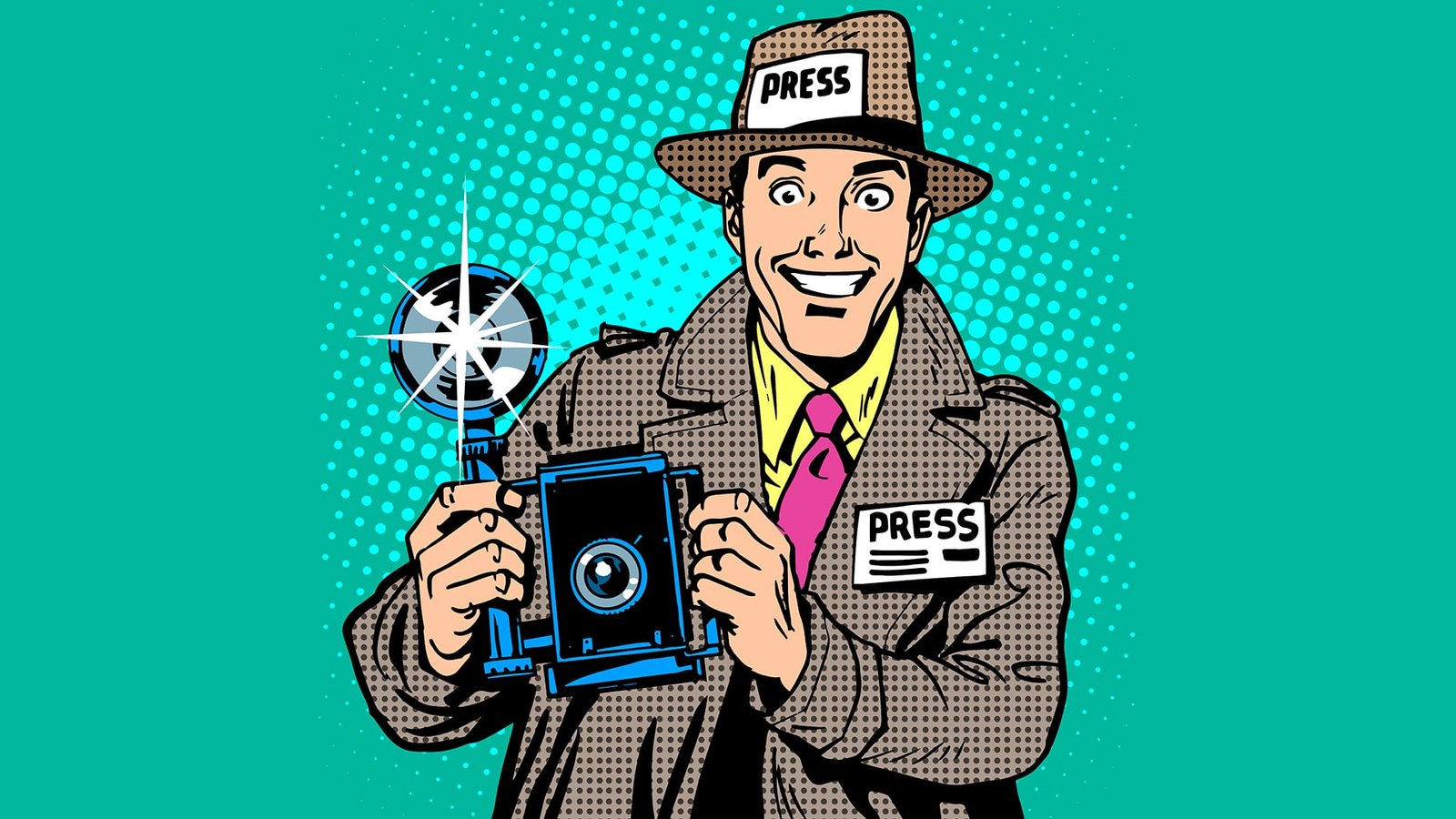
Time for a media training refresher?
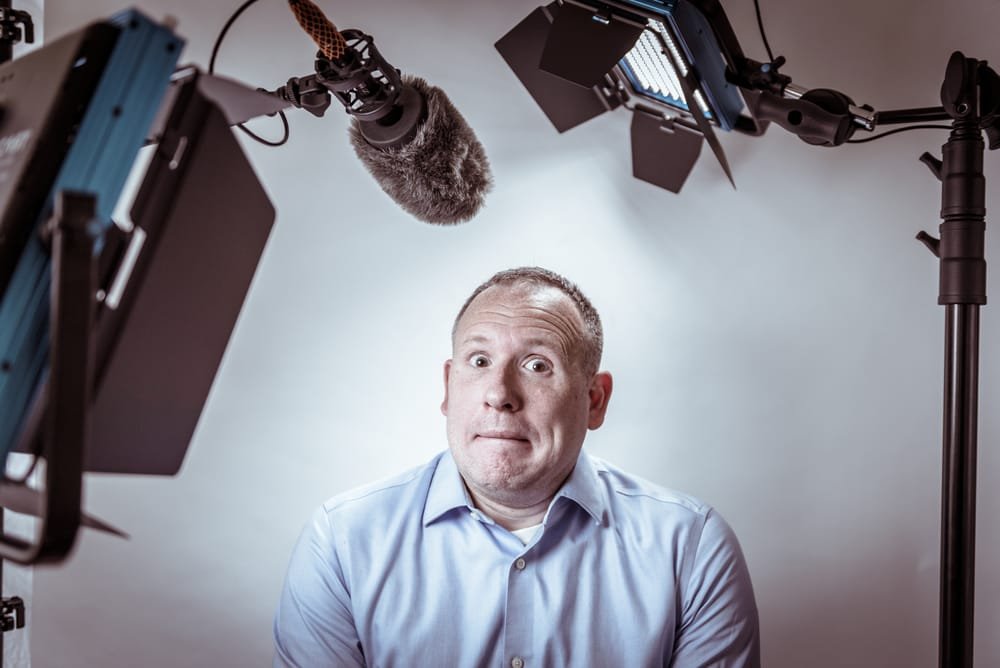
How to get your boss on board with media appearances

Is it okay to say “I don’t know” in a media interview?
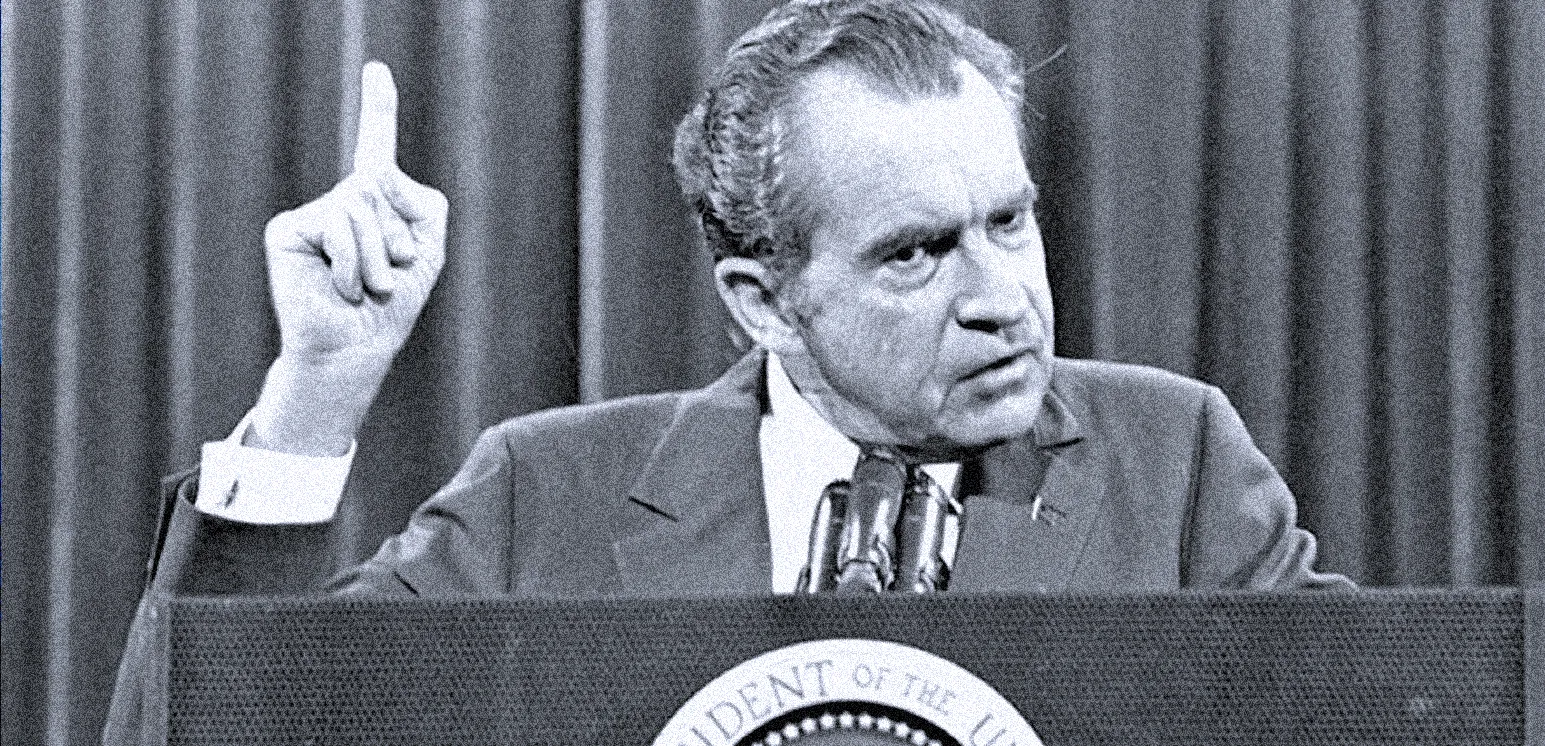
Why should you avoid repeating negative questions in media interviews?

How to look and sound relaxed in a media interview, performance tips

Mastering profile interviews in the media

Media appearances, the unwritten rules

Public apologies, how to say sorry in the media and mean it

Why off-the-record journalism is riskier than you think
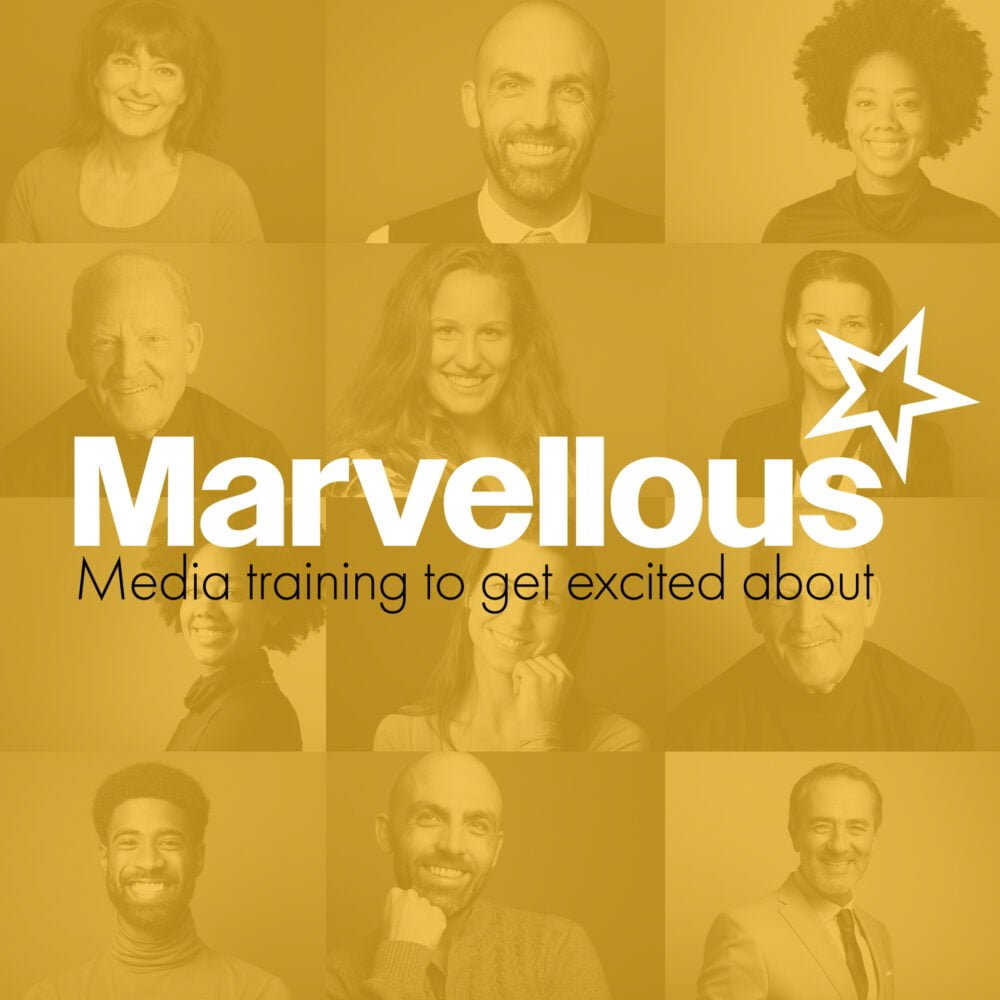
What are key messages in the media?

Give your leader feedback after a media interview
3. Consider your tone and language
It’s not just what you say that matters—it’s how you say it.
Stay calm and composed. Your tone should be confident, never aggressive. Speak in plain English. Use short sentences. Avoid jargon. Keep it simple and easy to follow.
A good test is to ask yourself:
“Would my mum understand this?”
If not, rephrase.
It’s fine to pause between points. That actually helps people understand what you’re saying. It also gives you time to think.
4. Prepare for the unexpected
Don’t stress about tricky questions. If you don’t know the answer, it’s okay to say so.
Alternatively, acknowledge the question and bridge it into something you’d like to say.
For example:
“That’s a great question. However, what’s really important here is…”
Or:
“We don’t have all the answers right now, but what we do know is…”
Or:
“One point of view is… but the key issue for me is…”
This is a really good way to take control of the conversation while staying credible and sounding composed.
5. Key dos and don’ts
Do:
- Stay on message: Stick to your key points and avoid getting sidetracked.
- Be brief (but not monosyllabic): Time is limited, so make sure every word counts.
- Listen carefully: Pay attention to the questions, not the tone of voice they’re delivered in.
Don’t:
- Waffle: Avoid filler phrases like “Thank you for having me” or “That’s a great question.” Get straight to your point.
- Speculate: If you’re unsure about something, it’s better to say “I don’t have that information right now” than to guess.
- Get defensive: If challenged, respond calmly and bring the focus back to your main points.
Bonus tips on performance
These are essential tips for staying calm and focused during the interview.
Take a deep breath
Before the interview begins, take a moment to breathe deeply. This helps to calm your nerves and clear your mind.
Visualise success
Picture yourself handling the interview smoothly. This mental rehearsal can boost your confidence.
Stay present
Focus on the moment and what’s being asked. Don’t worry about what’s coming next—deal with each question as it arises.
Use positive body language
Even if it’s a radio interview, your posture and expressions influence your tone of voice. Sit or stand up straight and smile—your voice will sound more engaging.
Final thought
Good luck! Remember, the fact that you’ve been asked to do an interview means the journalist sees you as someone with valuable insights. Embrace the opportunity!

Media interview quick-start guide

Media training book

How to hold a press conference

Time for a media training refresher?

How to get your boss on board with media appearances

Is it okay to say “I don’t know” in a media interview?

Why should you avoid repeating negative questions in media interviews?

How to look and sound relaxed in a media interview, performance tips

Mastering profile interviews in the media

Media appearances, the unwritten rules

Public apologies, how to say sorry in the media and mean it

Why off-the-record journalism is riskier than you think

What are key messages in the media?

Give your leader feedback after a media interview

Why avoid corporate speak and office jargon in media interviews?
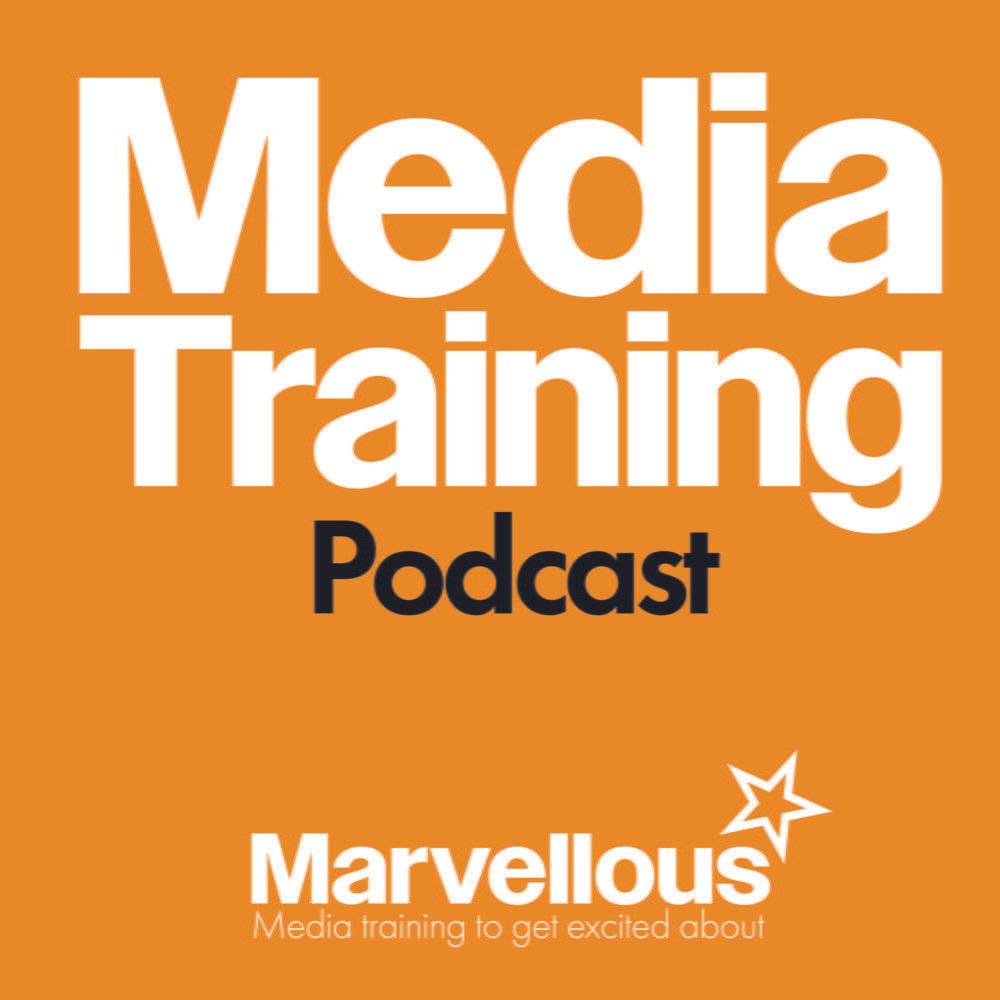
Media interview preparation checklist

How to create a founders’ origin story

How to answer hostile or negative questions from a journalist

How to be authentic in a media interview

Crisis Management: How to write a holding statement
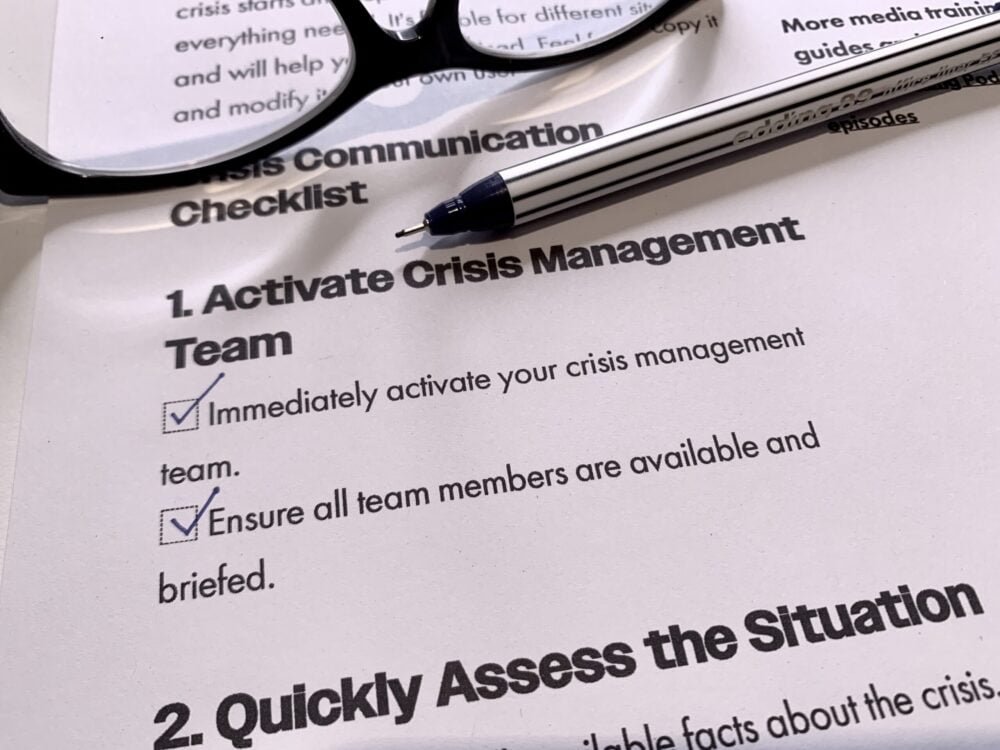
Crisis communications checklist
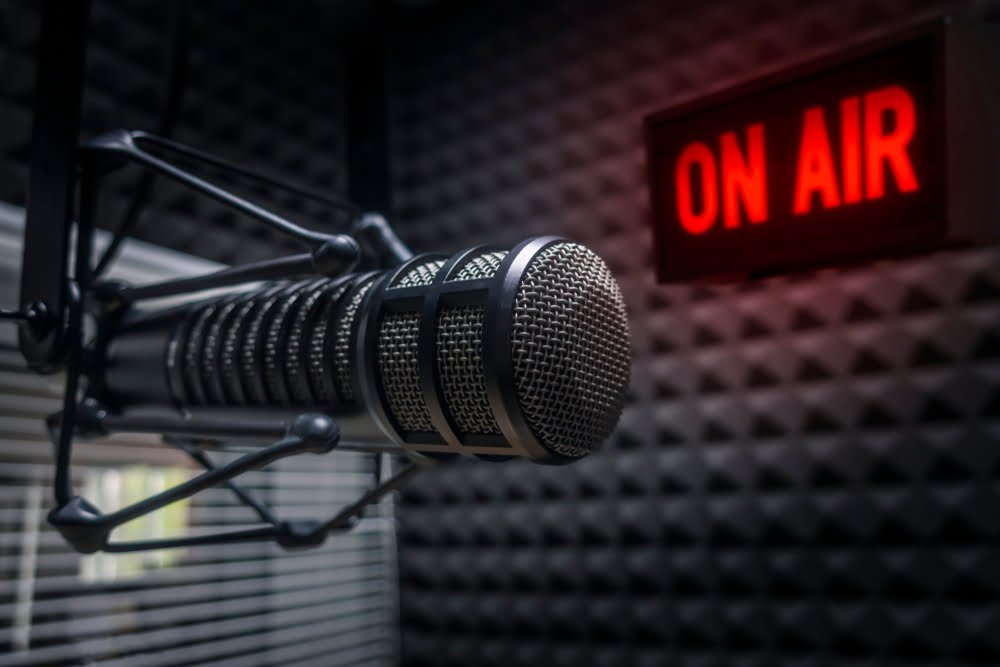
How to create a successful media soundbite
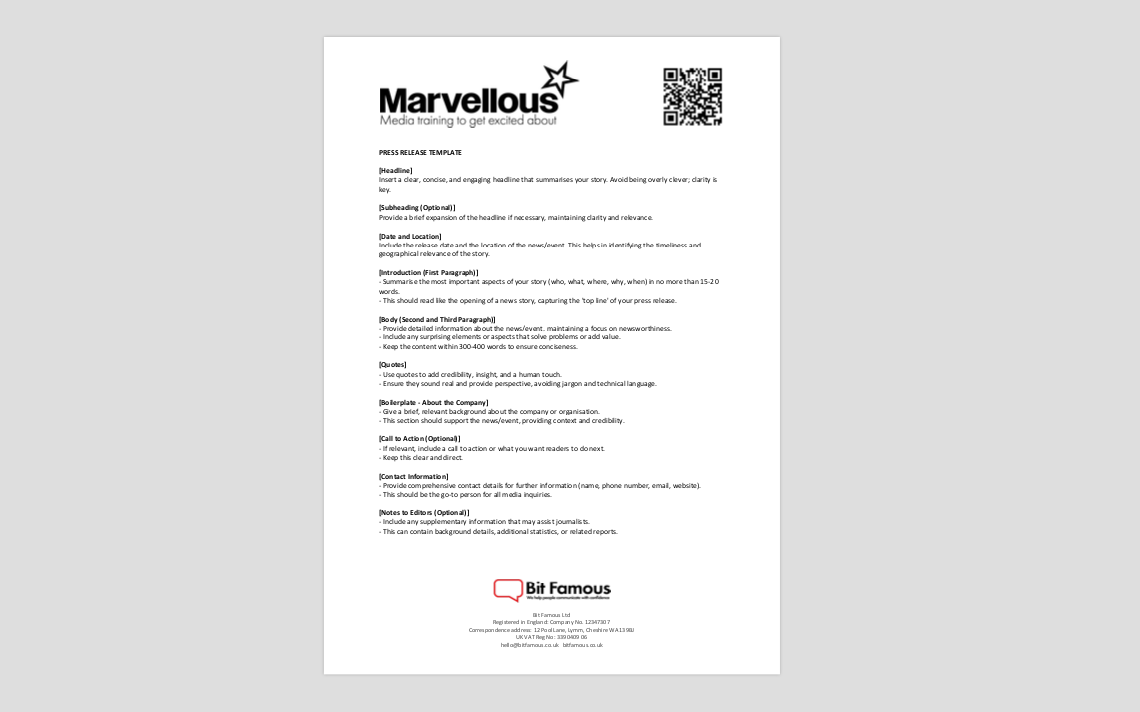
Free press release template (Word)
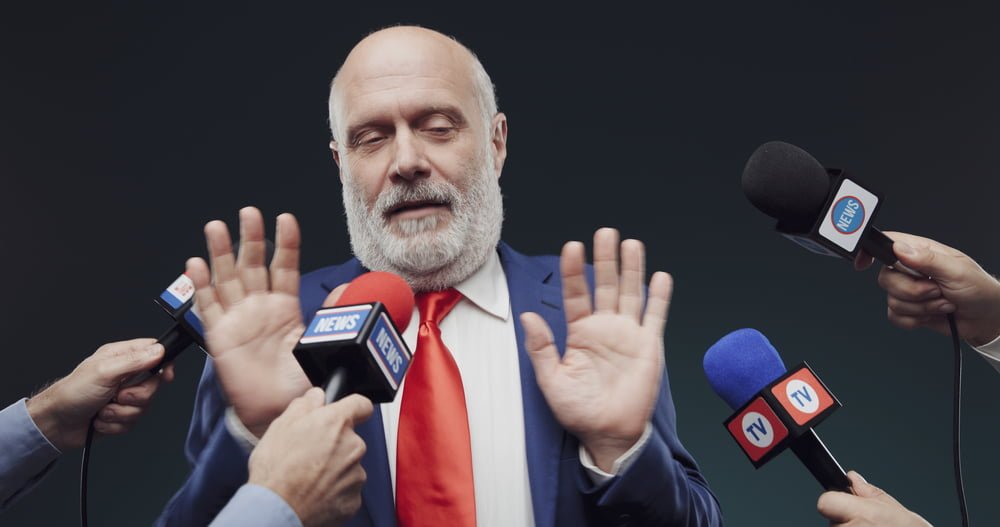
How do you handle a media question you don’t want to answer?
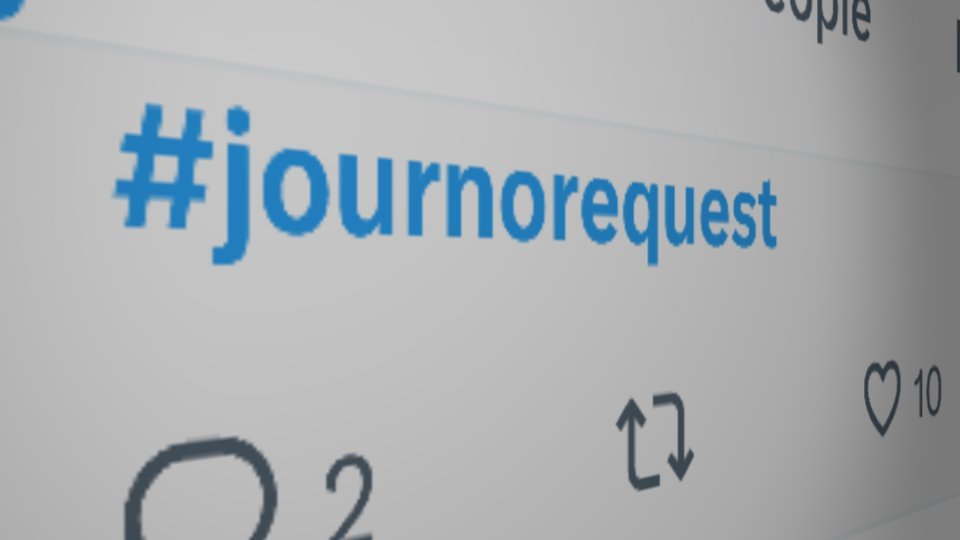
How to use #JournoRequest to get media attention for my business

How do I prepare for a TV interview online using Zoom, Teams or Skype?

How to appear on a business podcast

How to handle a difficult media interview
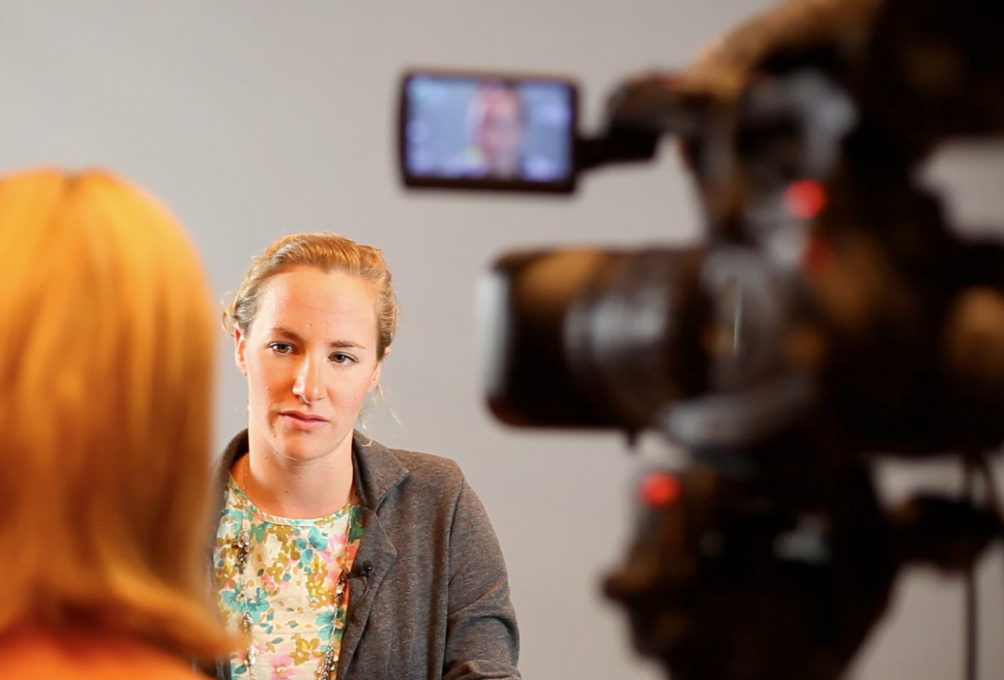
How to get featured in the media

How does the news work?
How can I develop a relationship with a journalist?


